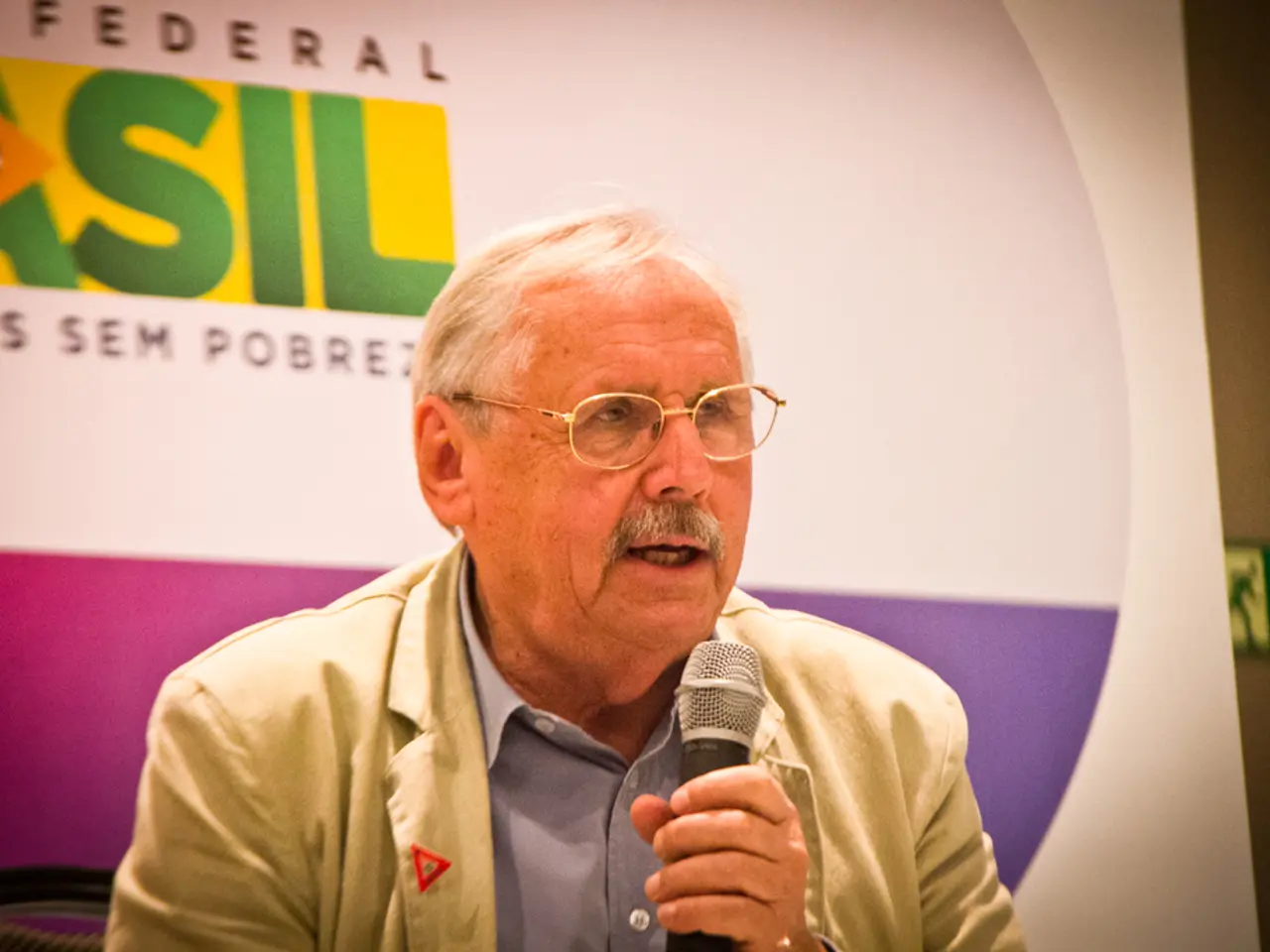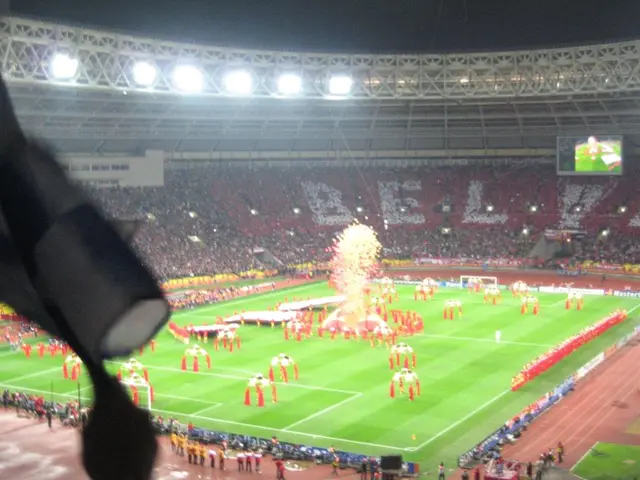"French-Israeli relations strained": Netanyahu's anti-Semitism claims escalate tensions between France and Israel
In a recent development, Benjamin Netanyahu, the Israeli Prime Minister, has accused Emmanuel Macron's government of fuelling anti-Semitism in France. This criticism follows Macron's announcement of France's intention to recognise the State of Palestine in September.
Netanyahu's accusations stem from Macron's government's stance on the recognition of a Palestinian state, which the Israeli leader claims incites anti-Semitism. The French President has been criticised by Netanyahu for his government's approach, specifically in the context of France's recognition of a Palestinian state.
The French presidency has swiftly responded, condemning Netanyahu's accusation as "erroneous" and "abject." The Élysée Palace reiterated that the Republic protects and will always protect its Jewish citizens.
Netanyahu's statement comes amidst a rise in reported anti-Semitic incidents in France. He has listed several recent incidents, including vandalism of El Al airline offices in Paris, assault on a Jewish man in Livry-Gargan in 2017, and rabbis attacked in the streets of Paris.
In response, Chloé Ridel, spokesperson for the French Socialist Party (PS), stated that recognising the Palestinian state aims to prevent Netanyahu from ending the two-state solution. The Palestinian Authority has also mocked Netanyahu's statement, stating that the confusion of criticism of Israeli occupation with anti-Semitism has been skipped.
The Palestinian Authority deems Netanyahu's attack as unjustified and hostile to peace. Mathilde Panot, a French politician, has also criticised the instrumentalisation of anti-Semitism as a diplomatic weapon, weakening the necessary fight against anti-Semitism.
Notably, Netanyahu has praised Donald Trump for his fight against anti-Semitic crimes and protection of American Jews. However, the United States, Israel's main ally, and Canada have rejected the decision to recognise the State of Palestine.
In a move to revive the "two-state solution," France, along with Saudi Arabia, will co-host an international conference at the level of heads of state and government in September. This decision has been met with criticism from Netanyahu, who had previously referred to the October 7 attack.
Yonathan Arfi, president of the Representative Council of Jewish Institutions in France, has regretted the dispute between France and Israel over the fight against anti-Semitism. The United Kingdom has also announced it would recognise Palestine, provided Israel takes a series of steps, including a ceasefire in the Gaza Strip.
As the situation continues to unfold, both France and Israel remain committed to combating anti-Semitism and promoting peace in the region. The September events promise to be a crucial turning point in the ongoing conflict.
Read also:
- United States tariffs pose a threat to India, necessitating the recruitment of adept negotiators or strategists, similar to those who had influenced Trump's decisions.
- Weekly happenings in the German Federal Parliament (Bundestag)
- Southwest region's most popular posts, accompanied by an inquiry:
- Discussion between Putin and Trump in Alaska could potentially overshadow Ukraine's concerns








